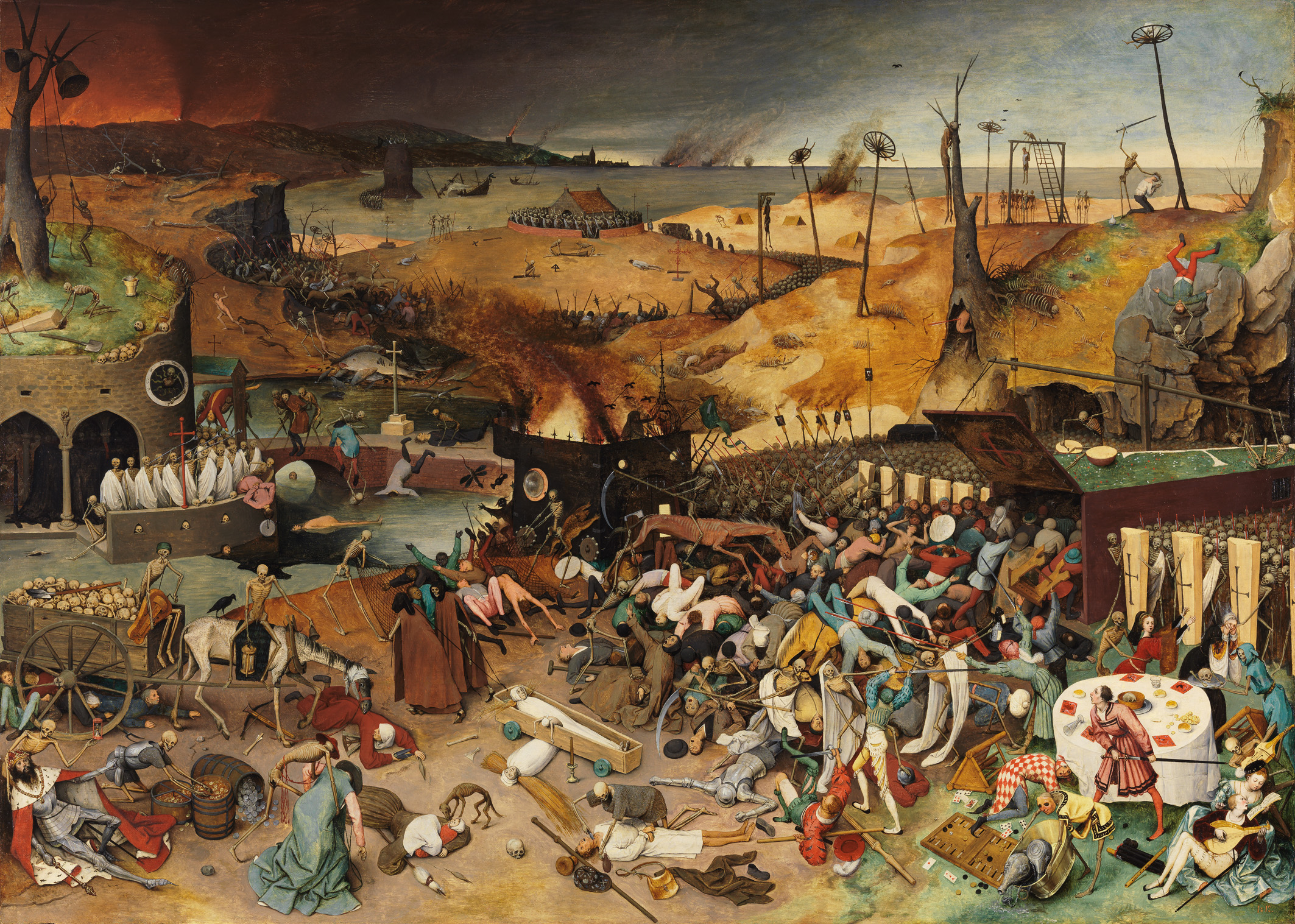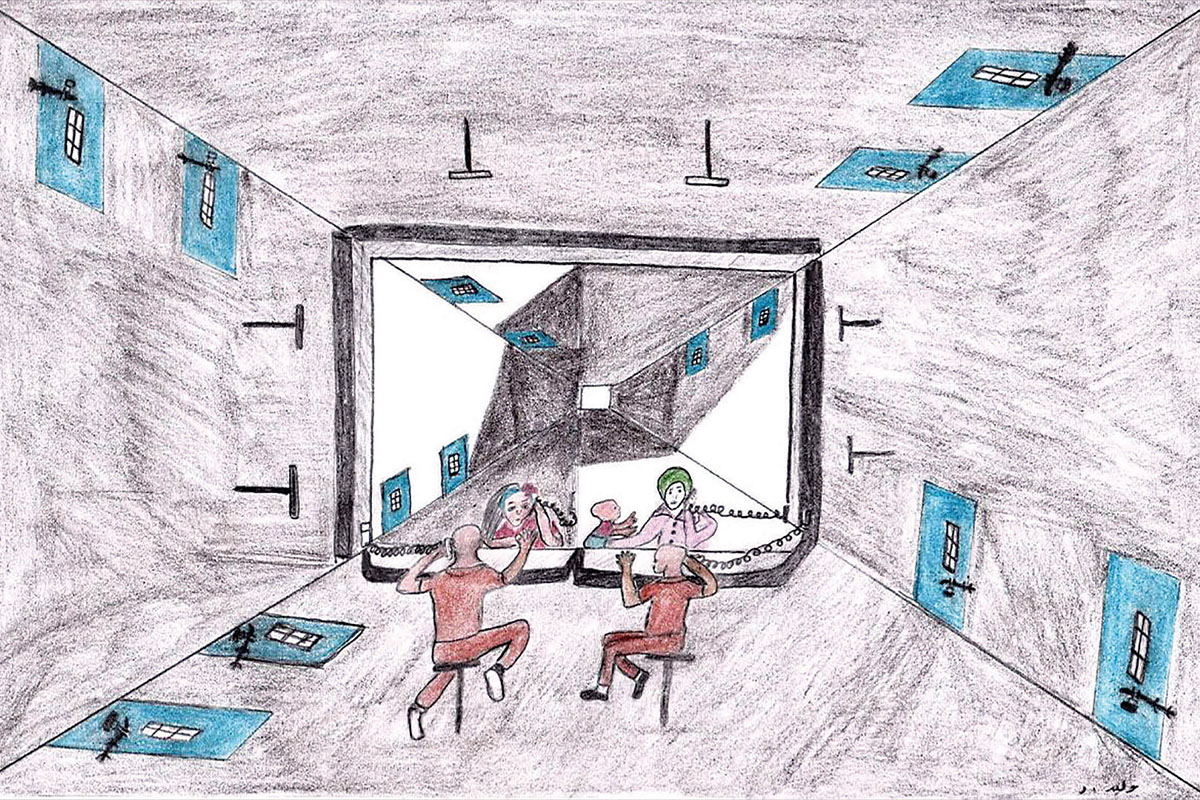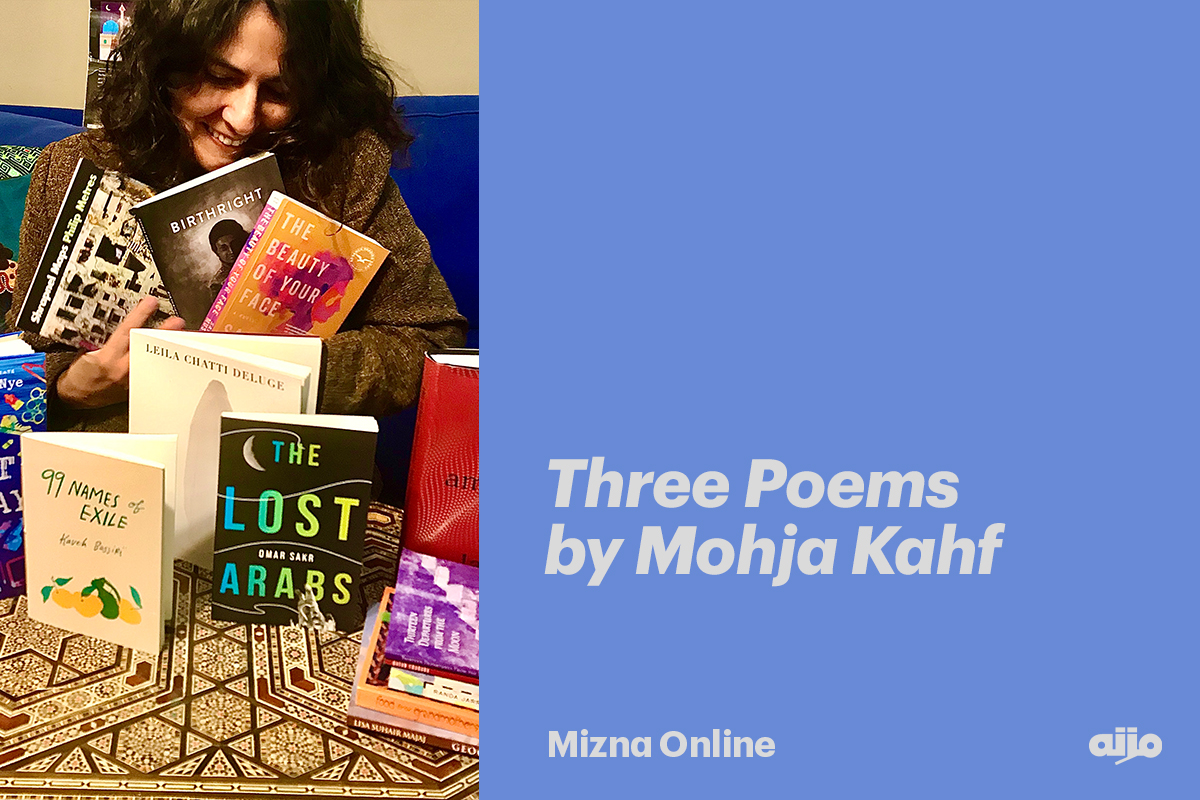
October 28, 2023
The Bringers of Violence
Again, Fanon’s words come to mind: “The town belonging to the colonized people . . . the native town, the Negro village, the medina, the reservation, is a place of ill fame, peopled by men of evil repute. They are born there, it matters little where or how; they die there, it matters not where, nor how.”
Read More
April 25, 2025
On Parallel Time
We are a part of history, and history—as it is well known—is a condition and an action in the past. Except us: we are a past continuous and neverending. We address you all from it presently, so that it does not become your future.
Read More
April 16, 2025
Three Poems by Mohja Kahf
In these three poems by academic and poet Mohja Kahf, Syria is written not only as the site of violent abduction and imprisonment, but also as a diverse country suffering from Arab and Sunni supremacy.—Layla Faraj, editorial assistantIf you know anything, tell Maimounaif you met someone who’s been in prisonand may have seen them, tell MaimounaYou can’t mourn; to mourn is to desert them.They might still be alive, they are.—Mohja Kahf, Tell MaimounaTell MaimounaThey weren’t on the...
Read More
April 8, 2025
Two Poems by Banah el Ghadbanah
As we reflect on Syria’s last fifty-three years under the Assad regime and look to the future of the country in the aftermath of it’s fall, Mizna shares two poems from Syrian poet Banah Ghadbian which speak on past moments of joy and present moments of confrontation and reconciliation.—Layla Faraj, editorial assistantBanat Ishreh*I look at the photograph of banat ishreh, the secret oud circle my city grandmother heldwhile my country grandmother tilled the earthand think “is this...
Read More




